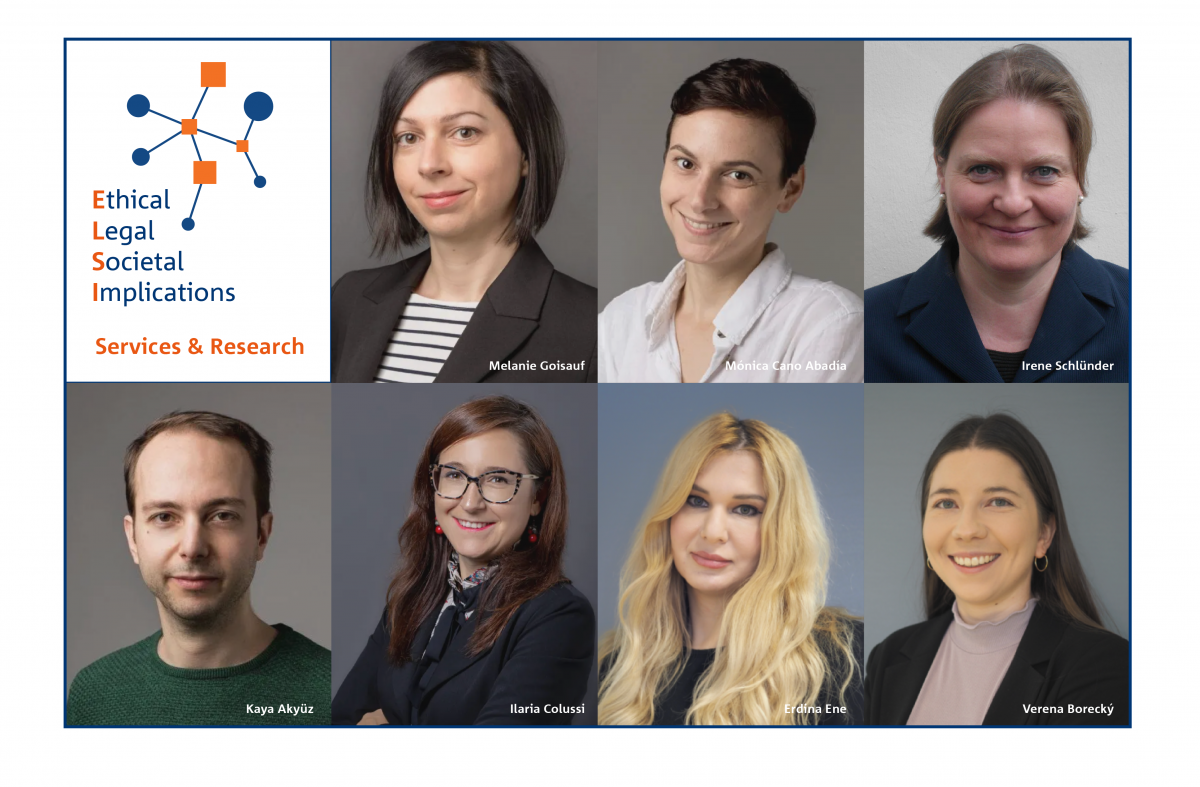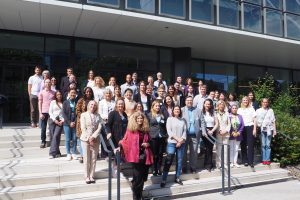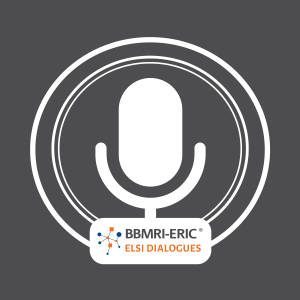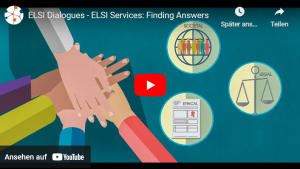ELSI SERVICES & RESEARCH
RESEARCH
We conduct research relating to ethical, legal and societal issues (ELSI). This is fundamental to staying up to date with and contributing knowledge to our services and training.
SERVICE
We support the biobanking and life science RI communities by facilitating compliance with regulatory requirements and best practice standards.
TRAINING
We provide training and workshops on ELSI issues such as Data Protection Impact Assessment (DPIA), ethical compliance and social engagement, among others.
The ELSI Team
VISION
We deliver reliable, practical and sustainable services based on state-of-the-art research for the immediate benefit of the life sciences community by setting standards, promoting best practices or enabling a sustainable platform for internal and public knowledge exchange. To date, our expertise has been requested in more than 30 projects.
EXCELLENCE & EXPERTISE
Over the past decade, our interdisciplinary team has developed several interrelated lines of expertise on ethical, legal, and societal implications (ELSI) relevant for the biobanking and life sciences community.
To ensure excellence in providing guidance on ethical, legal and societal implications (ELSI), we operate on the basis of a federated model, in partnership with a network of experts from academia and practice from across the Headquarters, the National Nodes and project partners. Focus areas are recognised in collaboration with European and international ELSI experts and based on user needs identified in projects or ELSI Helpdesk requests coming from patient advocacy groups, industry partners or biobankers.








